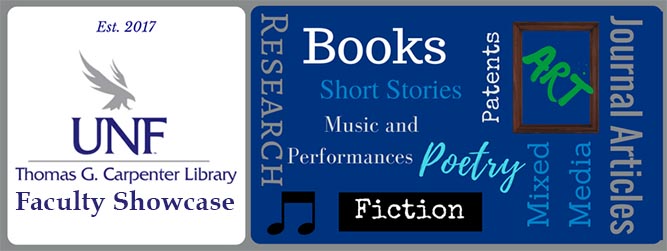College
Arts and Sciences
Department
English
Rank
Assistant Professor
Power Lines: Electricity in American Life and Letters, 1882-1952
Type of Work
Book
Publication Information
Published by The MIT Press, July 2017.
Description of Work
At the turn of the twentieth century, electricity emerged as a metaphor for modernity. Writers from Mark Twain to Ralph Ellison grappled with the idea of electricity as both life force (illumination) and death spark (electrocution). The idea that electrification created exclusively modern experiences took hold of Americans' imaginations, whether they welcomed or feared its adoption. In Power Lines, Jennifer Lieberman examines the apparently incompatible notions of electricity that coexisted in the American imagination, tracing how electricity became a common (though multifarious) symbol for modern life. Lieberman examines a series of moments of technical change when electricity accrued new social meanings, plotting both power lines and the power of narrative lines in American life and literature. While discussing the social construction of electrical systems, she offers a new interpretation of Twain's use of electricity as an organizing metaphor in A Connecticut Yankee in King Arthur's Court, describes the rhetoric surrounding the invention of electric execution, analyzes Charlotte Perkins Gilman's call for human connection in her utopian writing and in her little-known Human Work, considers the theme of electrical interconnection in Jack London's work, and shows how Ralph Ellison and Louis Mumford continued the literary tradition of electrical metaphor. Electrical power was a distinctive concept in American literary, cultural, and technological histories. For this reason, narratives about electricity were particularly evocative. Bridging the realistic and the romantic, the historical and the fantastic, these stories guide us to ask new questions about our enduring fascination with electricity and all it came to represent.
Power Lines: Electricity in American Life and Letters, 1882-1952
At the turn of the twentieth century, electricity emerged as a metaphor for modernity. Writers from Mark Twain to Ralph Ellison grappled with the idea of electricity as both life force (illumination) and death spark (electrocution). The idea that electrification created exclusively modern experiences took hold of Americans' imaginations, whether they welcomed or feared its adoption. In Power Lines, Jennifer Lieberman examines the apparently incompatible notions of electricity that coexisted in the American imagination, tracing how electricity became a common (though multifarious) symbol for modern life. Lieberman examines a series of moments of technical change when electricity accrued new social meanings, plotting both power lines and the power of narrative lines in American life and literature. While discussing the social construction of electrical systems, she offers a new interpretation of Twain's use of electricity as an organizing metaphor in A Connecticut Yankee in King Arthur's Court, describes the rhetoric surrounding the invention of electric execution, analyzes Charlotte Perkins Gilman's call for human connection in her utopian writing and in her little-known Human Work, considers the theme of electrical interconnection in Jack London's work, and shows how Ralph Ellison and Louis Mumford continued the literary tradition of electrical metaphor. Electrical power was a distinctive concept in American literary, cultural, and technological histories. For this reason, narratives about electricity were particularly evocative. Bridging the realistic and the romantic, the historical and the fantastic, these stories guide us to ask new questions about our enduring fascination with electricity and all it came to represent.



Biographical Statement
Jennifer L. Lieberman is an assistant professor of English at the University of North Florida (UNF), and author of Power Lines: Electricity in American Life and Letters, 1882-1952, which published by MIT Press in 2017. She was a 2016-2017 Community Scholar and the 2017 Fellow for the Florida Blue Center for Ethics. She also earned UNF's Presidential Diversity and Inclusion Award in 2017 for her exceptional work in the classroom and community. The student honor society, Sigma Tau Delta, also presented her with an award for excellence in teaching in 2015. In addition to her book, her recent work can be found in Studies in the Novel (2017), JLS (the journal of literature and science, 2017), Configurations (with Ronald Kline, 2017), History and Technology (2016), The Eaton Journal of Archival Science Fiction (2016), MELUS: Multi-Ethnic Literature in the US (2015), in the collection of original work, Demands of the Dead: Executions, Storytelling, and Activism(University of Iowa, 2012), and in the Mark Twain Annual (2010).